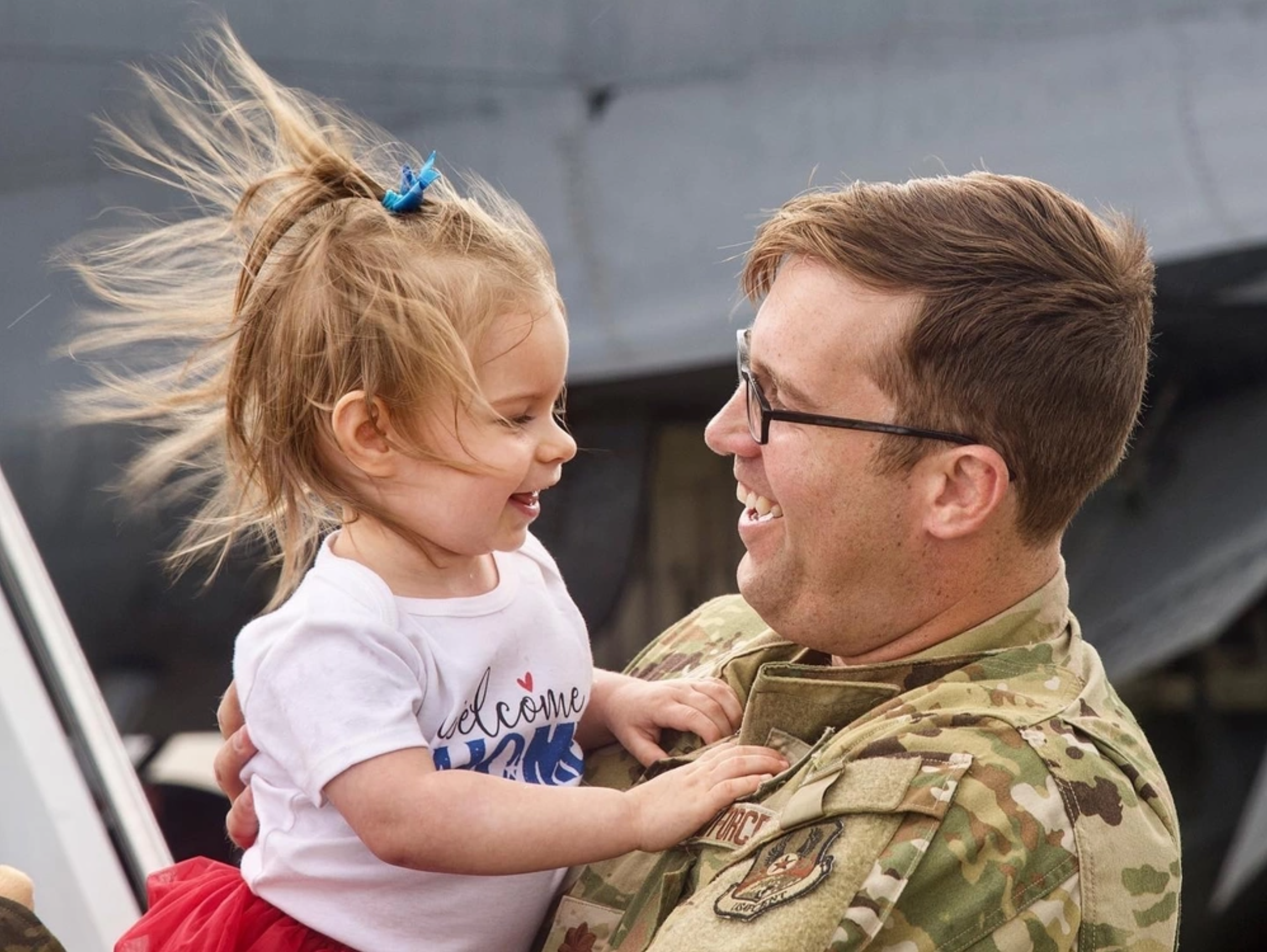When Government Support Shrinks, Private Giving Must Rise
Written by PsychArmor’s Board Chair, Lissa Thomson
As Chairman of the Board for a nonprofit dedicated to serving military and Veteran communities through suicide prevention efforts and military culture training, and as the parent of an actively serving service member, I write today with urgency and conviction: the time is now for private giving to increase.
Recent executive actions, while intended to streamline federal budgets, have real implications for the nonprofit sector. Changes to federal discretionary spending and the reduction of grant-based programs may seem abstract to some, but to those of us who work daily to serve those who have served our country, they represent a very concrete threat to our mission impact. These changes particularly jeopardize critical programs that reach our nation’s most vulnerable Veterans and military families—those who are navigating transitions, facing mental health challenges, or feeling invisible and misunderstood.
Historically, federal and state agencies have been key funders of community-based services, especially in the behavioral health and public health sectors. But we’re now seeing philanthropic organizations, nonprofits, and direct service providers being asked to do more with less. In the military-connected space, this includes everything from helping Veterans access care, to training civilian providers in military cultural competence, to implementing upstream suicide prevention strategies. These aren’t luxuries; they’re lifelines.

"The appearance of U.S. Department of Defense (DoD) visual information does not imply or constitute DoD endorsement."
While charitable giving in the U.S. surpassed $557 billion in 2023, a closer look reveals troubling trends. The number of donors has decreased over the past two decades, meaning that fewer individuals are carrying more of the load. The sector cannot sustain this imbalance, especially as the needs of our military and Veteran communities grow more complex. And as government funds diminish, our missions will only grow more reliant on the generosity and engagement of individual donors, corporate partners, and philanthropic institutions.
Organizations like ours are built to respond quickly and innovatively. We create culturally responsive education and training, equip caregivers and clinicians, and build bridges between communities. But all of this work requires sustained investment. Without reliable funding, nonprofits face hard decisions: reducing services, cutting staff, or pausing new initiatives that could save lives. That is not the future we want for those who have worn the uniform, nor for the families who support them.
We also know that giving is deeply personal. When people understand the impact of their gifts—how it enables a Veteran to find purpose, or connects a caregiver with a lifesaving resource—they give not just dollars, but hope. We must foster that connection. The public must understand that nonprofits are not auxiliary: they are essential.
Now more than ever, giving must not just continue, but increase. As government support shifts, private philanthropy must rise to meet the moment. We ask donors to stand with us—to protect the progress we've made, to empower innovation, and to ensure that every service member, Veteran, and military family feels seen, supported, and valued.
Lives depend on it. And together, we can make the difference.
—Chairman, Board of Directors, PsychArmor